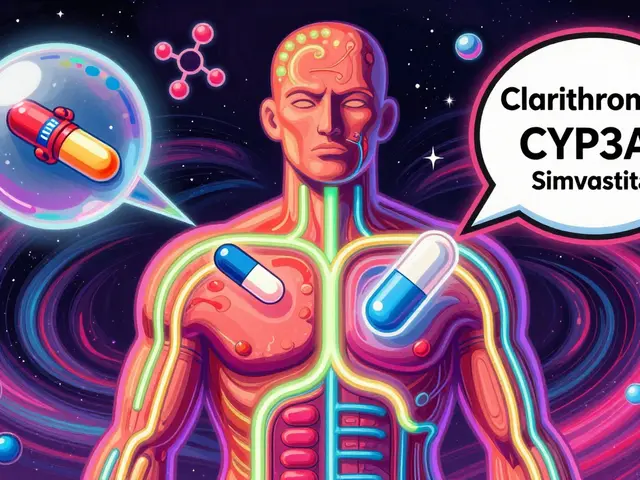Alternatives – Your Guide to Better Medication Choices
When talking about Alternatives, different drug or supplement options that can replace a standard treatment. Also known as options, alternatives let you match a therapy to your lifestyle, budget, or tolerance. Picking the right alternatives isn’t guesswork; it’s about comparing effectiveness, side‑effects, and cost.
One major group of alternatives is pain relievers, drugs that reduce inflammation and ease aches. Whether you look at ibuprofen, acetaminophen, or topical NSAIDs, each has a unique risk profile and speed of relief. Knowing that pain reliever alternatives influence how quickly you can get back to daily activities helps you decide which one fits your routine.
Another common set includes blood pressure medicines, ACE inhibitors, ARBs, calcium‑channel blockers, and diuretics used to control hypertension. When a first‑line drug causes cough or dizziness, doctors often switch to an alternative class. Understanding that blood pressure alternatives require monitoring of kidney function and electrolytes lets you stay ahead of potential problems.
Antibiotic alternatives are crucial when resistance pops up. For infections usually treated with clarithromycin, alternatives like azithromycin or doxycycline may offer similar coverage with different side‑effect spectra. The choice of antibiotic alternative directly affects the risk of bacterial resistance and the speed of recovery.
For sexual health, ED medications, drugs like sildenafil, tadalafil, and vardenafil that improve blood flow to the penis provide several alternatives. Some work faster, others last longer, and cost varies widely. Knowing that ED medication alternatives can affect timing of intimacy and out‑of‑pocket expenses helps you pick a product that matches your lifestyle.
Choosing an alternative always starts with three questions: What health goal am I targeting? What side‑effects can I tolerate? How much am I willing to spend? For a pain reliever, the goal might be fast relief; for a blood pressure drug, the goal is long‑term control. Side‑effects differ – ibuprofen can irritate the stomach, while acetaminophen poses liver risk at high doses. Cost is a practical filter; generic versions often provide the same benefit for less money.
When you compare alternatives, look for clear data on dosage, onset, duration, and any special warnings. For example, a review of ibuprofen versus naproxen shows that ibuprofen peaks in 1‑2 hours, while naproxen lasts up to 12 hours. That kind of information lets you match the drug’s timeline to your daily schedule.
Finally, always involve your healthcare provider. They can help interpret lab results, flag interactions, and suggest the safest switch. By treating alternatives as a structured decision – effectiveness, safety, cost – you turn a confusing market into a roadmap.
Below you’ll find a curated list of articles that dive deep into each of these drug categories, compare popular brands, and give you step‑by‑step tips for buying safely online. Whether you’re looking for a cheaper generic, a stronger prescription, or a natural supplement, the collection ahead equips you with the facts you need to make confident choices.How to Choose the Right Alternative
Zhewitra Soft (Vardenafil) vs. Other ED Meds: Detailed Comparison
A detailed side‑by‑side comparison of Zhewitra Soft (vardenafil) with sildenafil, tadalafil, and avanafil, covering onset, duration, cost, safety and best‑use scenarios.






